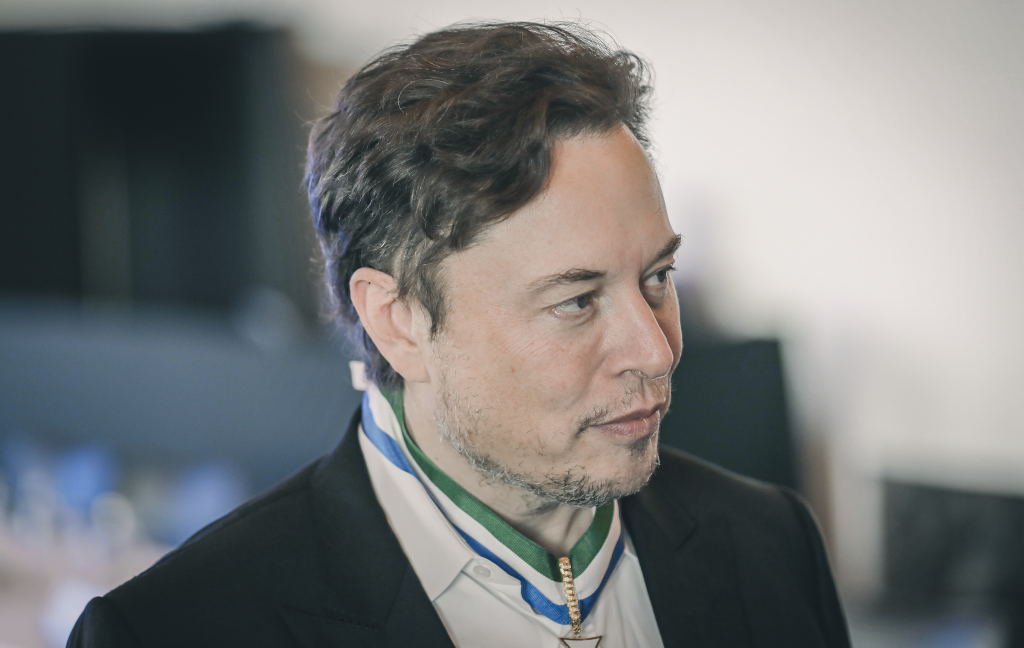
In an eye-popping projection made by Informa Connect Academy's Trillion Dollar Club 2024 report, Elon Musk is on track to become the world’s first trillionaire by 2027. With an estimated net worth of US$251 billion, Musk, the 53-year-old entrepreneur behind Tesla, SpaceX, and social media platform X, is already the richest person in the world.
However, according to experts, his wealth is expected to continue expanding at an astonishing rate, making the trillion-dollar mark a near-certainty in the next few years.
The forecast of Musk's unprecedented wealth surge is grounded in his remarkable annual wealth growth rate of 110%, a statistic that has attracted the attention of global financial analysts and investors alike. This growth is largely attributed to his multifaceted business empire.
Tesla, the electric car manufacturer, has been a cornerstone of his fortune, with the company seeing massive growth, driven by a surge in demand for clean energy vehicles.
SpaceX, his space exploration company, has also played a pivotal role, especially with its recent contracts with NASA and private space tourism ventures. And Musk’s foray into social media with X has further fueled his wealth, with the platform's evolution making it a significant player in the global digital communications space.
As of now, the Bloomberg Billionaire Index estimates Musk’s fortune at US$251 billion. However, the trajectory of his wealth, if sustained at the current rate, suggests his financial empire could soar well past US$2 trillion by 2027, a milestone no individual has ever reached before.
Musk's aggressive expansion strategies, such as his ventures into artificial intelligence, solar energy, and even hyperloop transportation, position him as a key figure in reshaping numerous industries.
While Musk is the clear frontrunner in the race to reach trillionaire status, the report also identifies several other potential candidates. Notably, Gautam Adani, the Indian billionaire behind the Adani Group, is predicted to join the ranks of the ultra-wealthy by 2028. Adani, 62, currently holds a fortune of over US$150 billion and is expected to see his wealth grow at a pace of 123% annually.
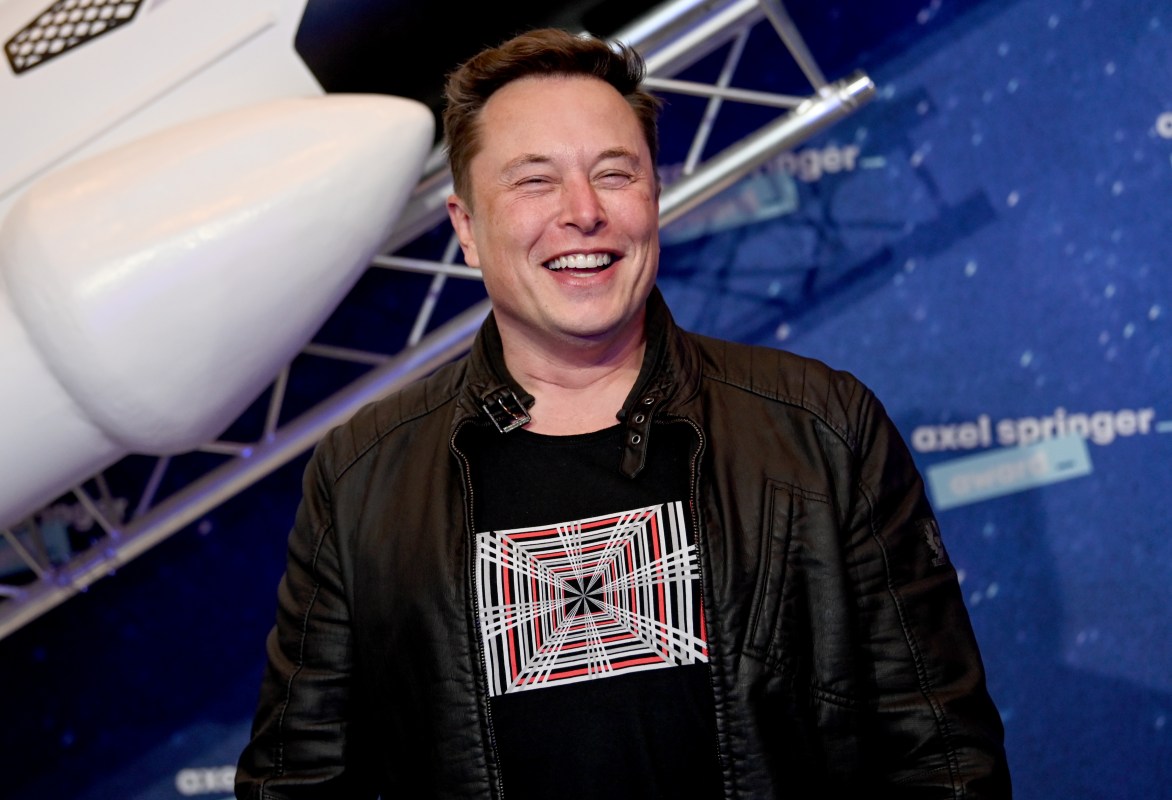
His diversified conglomerate spans industries from energy and infrastructure to agriculture and logistics, positioning him as a formidable contender in the trillionaire race.
Jensen Huang, the 63-year-old CEO of Nvidia, is another likely trillionaire in the making. With the booming demand for advanced semiconductors and Nvidia’s critical role in the AI revolution, Huang’s company has experienced exponential growth in recent years.
Similarly, Prajogo Pangestu, 80, founder of the Indonesian Barito Pacific Group, which operates in oil, gas, and energy, is also slated to reach the trillionaire threshold by 2028, assuming his current wealth accumulation rate continues.
Meanwhile, two of the wealthiest people in the world today, French billionaire Bernard Arnault and American tech mogul Mark Zuckerberg, are expected to join the trillion-dollar club by 2030. Arnault, the head of LVMH, a luxury goods conglomerate, and Zuckerberg, the CEO of Meta, are both well-established figures in the global financial landscape.
Arnault’s brand portfolio includes some of the most iconic luxury labels, while Zuckerberg’s empire of social media platforms like Facebook and Instagram continues to expand.
Despite his current position as the second richest person in the world, Jeff Bezos, the 60-year-old founder of Amazon, is not predicted to become a trillionaire until 2036, according to CNBC. Bezos has been instrumental in revolutionizing e-commerce, and Amazon’s expansion into cloud computing and AI has only solidified his wealth.
However, the projected slower pace of his wealth accumulation compared to Musk means Bezos will likely miss the trillionaire mark for another decade.
Similarly, tech giants Larry Page and Sergey Brin, the 51-year-old founders of Google, are expected to reach the trillionaire milestone within the next 12 years. Their substantial stakes in Alphabet, Google's parent company, and the rapid development of artificial intelligence technologies could see their fortunes rise at an exponential rate, placing them on a path similar to Musk’s.
One of the key factors driving Musk’s (and others') wealth trajectory is the rapid advancement of artificial intelligence. AI is expected to have a transformative effect on multiple industries, including healthcare, finance, manufacturing, and entertainment.
Musk’s investments in AI through Tesla’s autonomous vehicle technology and his acquisition of companies like OpenAI place him at the forefront of this revolution. As AI continues to evolve, it is likely to generate new revenue streams and open up opportunities for exponential growth in Musk's already vast business portfolio.
For Musk, AI has the potential to change the economic landscape in ways few could have imagined. With the widespread adoption of autonomous vehicles, the introduction of AI-powered robots for everyday tasks, and the increased use of AI in space exploration, Musk’s fortune is expected to increase as these technologies are commercialized on a global scale.
Musk’s ambitious plans extend far beyond Earth’s atmosphere. His long-term goal of colonizing Mars through SpaceX could prove to be a game-changer, not only for humanity but for Musk’s net worth. If his plans come to fruition and human settlements are established on Mars, it would open up entirely new industries related to space exploration, resource extraction, and even off-world tourism.
The economic impact of such a venture could be vast, and Musk’s position as the leader of this endeavor could solidify his status as the first trillionaire.
On the other hand, Musk’s commitment to sustainability and clean energy technologies also contributes to his wealth trajectory. Tesla’s push for global electric vehicle adoption and the development of solar energy products positions Musk to benefit from the ongoing transition to greener, more sustainable technologies.
As governments around the world prioritize clean energy, Musk’s companies are poised to capitalize on these shifts, ensuring that his wealth continues to grow.
Despite his remarkable success, Musk’s path to becoming the world’s first trillionaire is not without its challenges. Regulatory hurdles, market volatility, and potential competition from other billionaires could slow his growth.
Furthermore, Musk’s aggressive business strategies and public persona often attract controversy, which could impact the long-term viability of some of his ventures. His recent legal battles, particularly surrounding the development of the X platform, have raised questions about the future stability of his business empire.
Moreover, the rapidly changing geopolitical landscape, particularly concerning the regulation of tech giants and the global shift towards clean energy, could present additional risks. As Musk expands his ventures into new industries, he must navigate these challenges while maintaining his position as the leader of the trillionaire race.
Elon Musk’s journey to becoming the world’s first trillionaire by 2027 is a remarkable testament to his business acumen, innovation, and ability to disrupt multiple industries. With his current trajectory, he could achieve a net worth of US$2 trillion or more in the coming years.
However, Musk’s rise to the top is not without competition, as other billionaires, such as Gautam Adani, Jensen Huang, and Jeff Bezos, are also positioning themselves to join the trillionaire ranks in the coming decades.
As the world watches, Musk’s vision for the future—spanning electric vehicles, AI, space exploration, and clean energy—could fundamentally alter the global economy. If his predictions come true, the world will witness an era of unprecedented wealth and technological advancement, with Elon Musk at the helm.
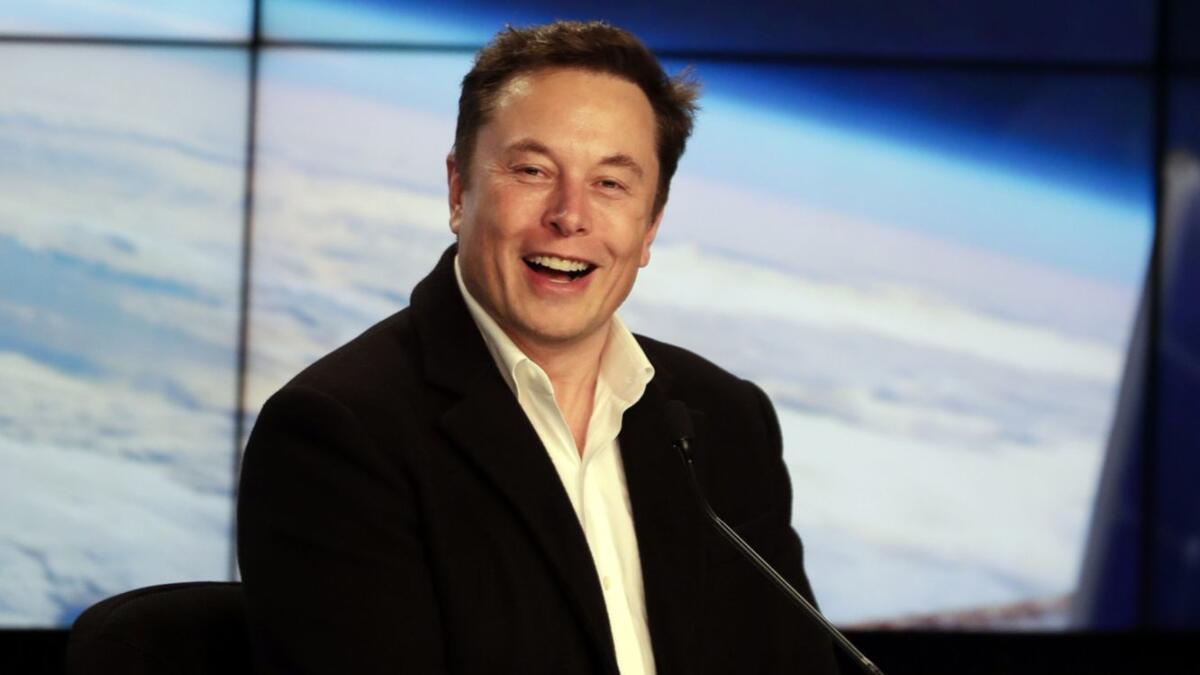
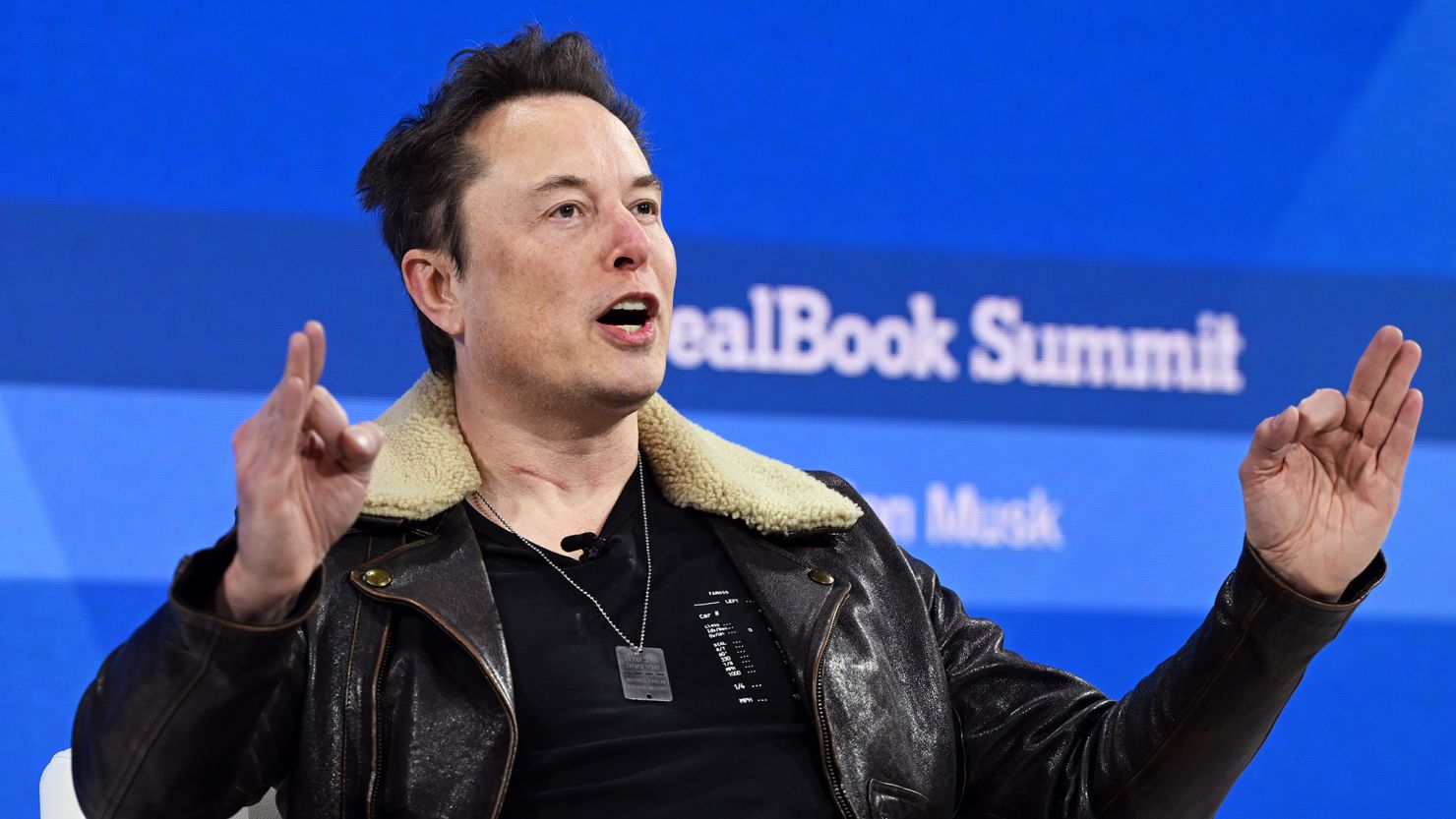


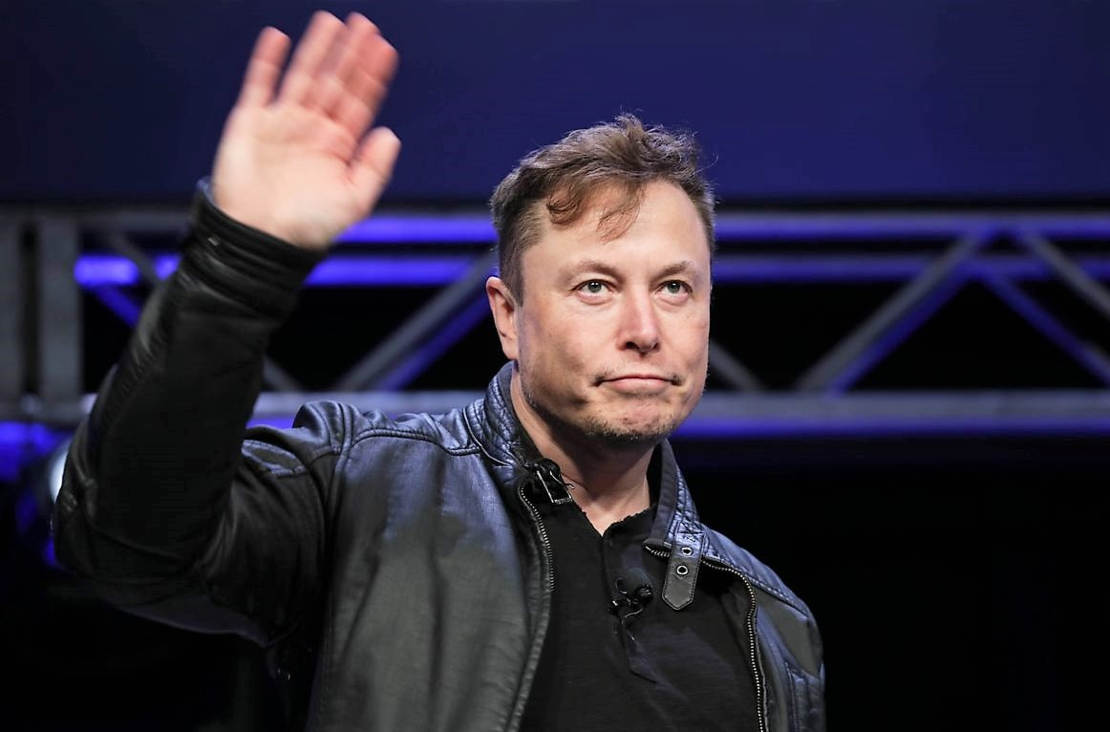




-1754623380-q80.webp)